



 Tech & IT
Tech & IT
 Business
Business
 Coding & Developer
Coding & Developer
 Finance & Accounting
Finance & Accounting
 Academics
Academics
 Office Applications
Office Applications
 Art & Design
Art & Design
 Marketing
Marketing
 Health & Wellness
Health & Wellness
 Sounds & Music
Sounds & Music
 Lifestyle
Lifestyle
 Photography
Photography
More Learnfly
Business Solution Become an InstructorEntity Framework is a .NET ORM framework simplifying database interactions by mapping objects to relational databases. It streamlines data access and enhances efficiency in .NET applications.












Learn more topics in various categories at one place. Explore unlimited courses in other categories and up-skill yourself today.

 Jazeb Akram
Jazeb Akram 4.2 771159 Beginner Level

 John Hedengren
John Hedengren 4.1 569062 All Level

 Ranjan Pandey
Ranjan Pandey 4.1 346728 All Level

 Muhammad Ahsan Pervaiz
Muhammad Ahsan Pervaiz 4.2 101337 All Level

 Pieter Vliegenthart
Pieter Vliegenthart 4.6 100916 All Level

 Jerome P.
Jerome P. 4.8 100881 All Level

 Senol Atac
Senol Atac 4.9 100091 All Level

 Vikas Munjal
Vikas Munjal 4.8 100064 Beginner Level

 Avinash A
Avinash A 4.8 100013 All Level
.jpg)
 AKHIL VYDYULA
AKHIL VYDYULA6 Lectures All Level

 TechLatest .Net
TechLatest .Net11 Lectures All Level
 (1).png)
 Manish Nadar Ramaswamy
Manish Nadar Ramaswamy12 Lectures All Level
.png)
 Manish Nadar Ramaswamy
Manish Nadar Ramaswamy22 Lectures All Level
.png)
 Manish Nadar Ramaswamy
Manish Nadar Ramaswamy11 Lectures All Level
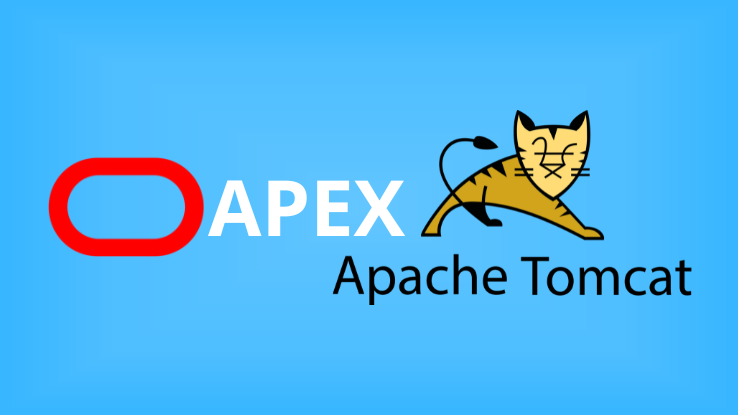
 Velchandru M
Velchandru M18 Lectures All Level

 Udesh Udayakumar
Udesh Udayakumar33 Lectures All Level

 Gauttam SK
Gauttam SK14 Lectures All Level
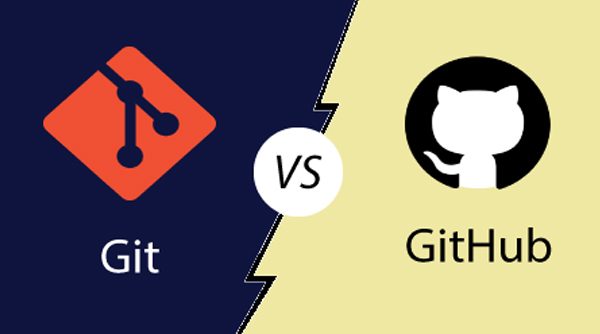
 Harsh Jhunjhunuwala
Harsh Jhunjhunuwala17 Lectures All Level
.jpg)
 Pruthviraja L
Pruthviraja L28 Lectures All Level
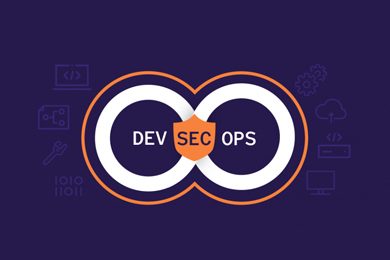
 THE MMZ
THE MMZ254 Lectures All Level
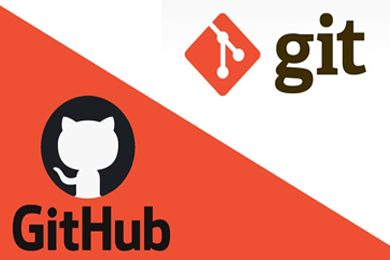
 Chandramouli Jayendran
Chandramouli Jayendran31 Lectures All Level
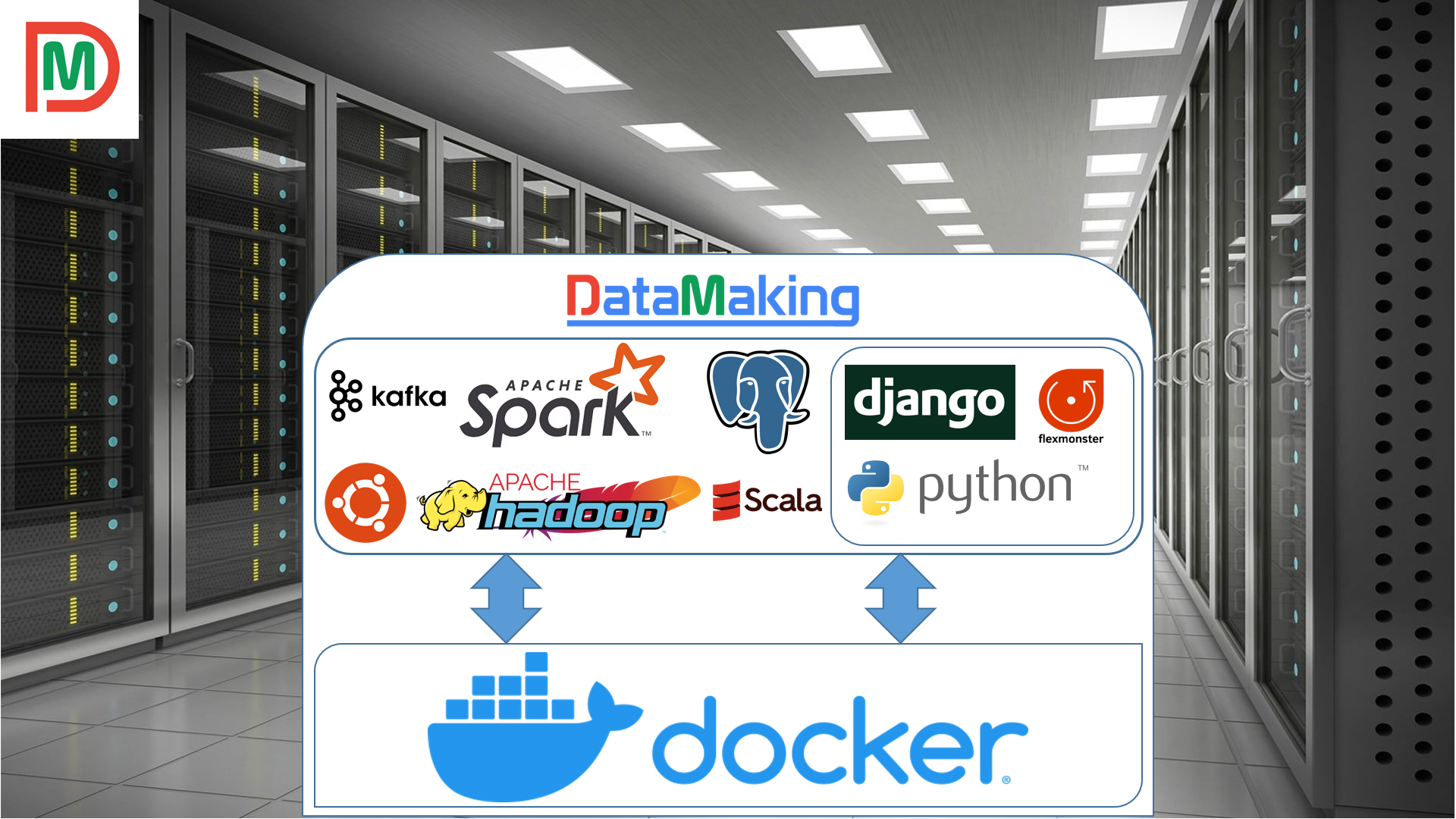
 Pari Margu
Pari Margu24 Lectures All Level
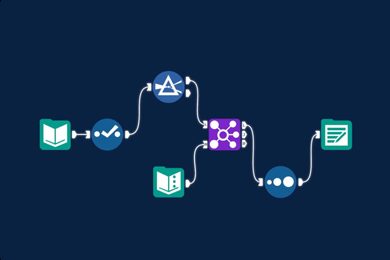
 Saraudheen PM
Saraudheen PM22 Lectures All Level

 taurius litvinavicius
taurius litvinavicius16 Lectures All Level
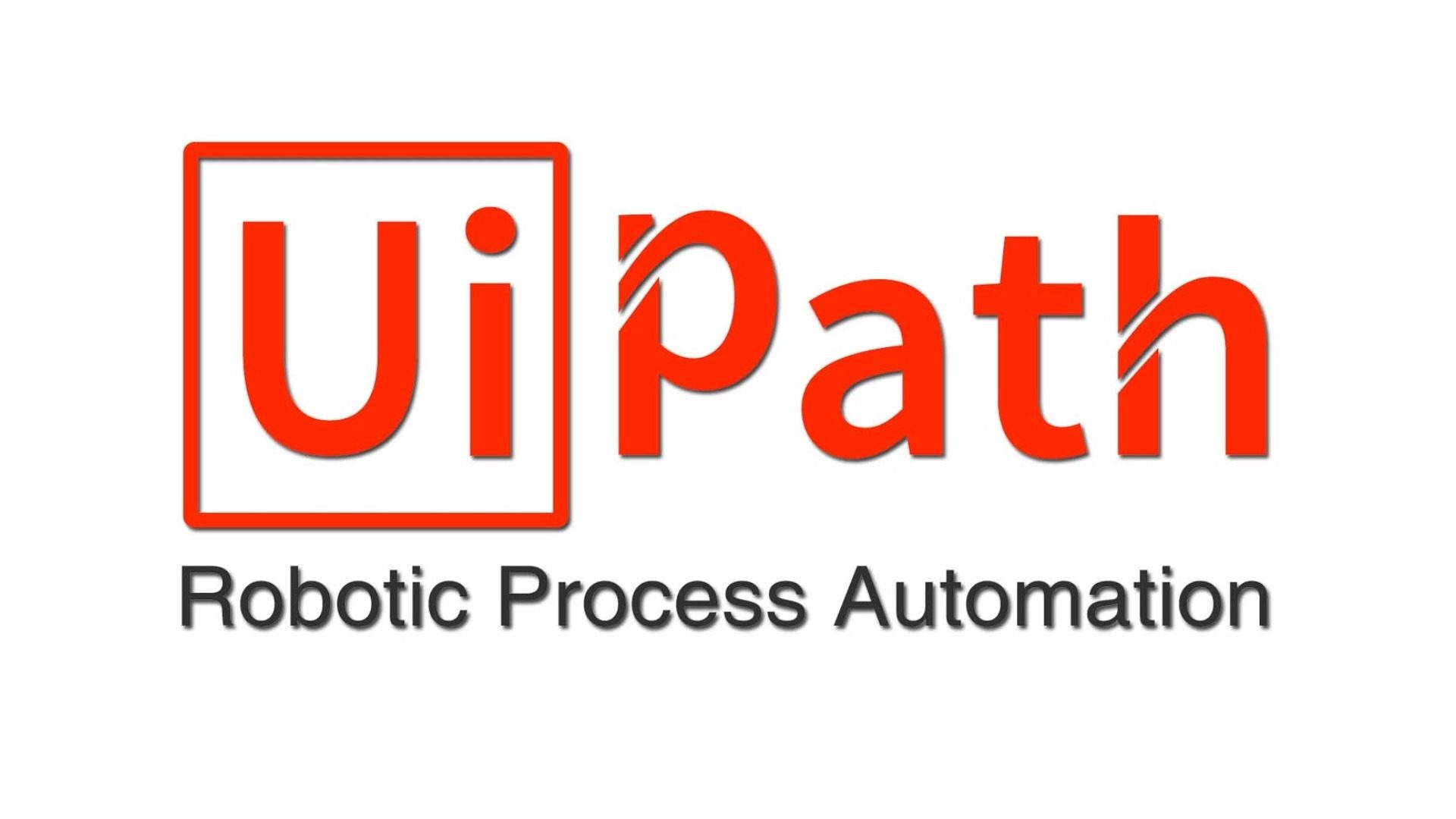
 Jan Langdeel and Anders Jensen
Jan Langdeel and Anders Jensen58 Lectures All Level

 Satyajit Das
Satyajit Das18 Lectures All Level

 Abhishek Roshan .
Abhishek Roshan .10 Lectures All Level
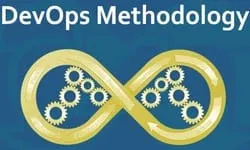
 Abhishek Roshan .
Abhishek Roshan .103 Lectures All Level

 Abhishek Roshan .
Abhishek Roshan .54 Lectures All Level

 Shankar AR
Shankar AR37 Lectures All Level
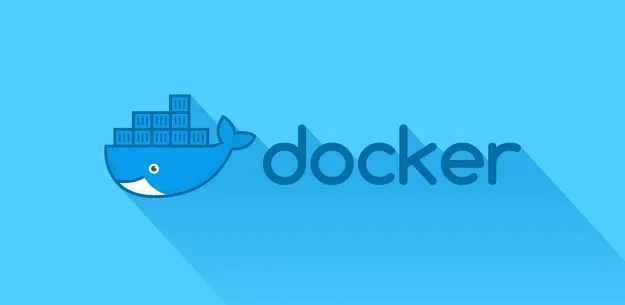
 Abhilash Nelson
Abhilash Nelson29 Lectures All Level

 Cerulean Canvas
Cerulean Canvas114 Lectures All Level

 Samarth Deyagond
Samarth Deyagond16 Lectures All Level

 Shokat Ali
Shokat Ali13 Lectures All Level
Entity Framework is an Object-Relational Mapping (ORM) framework developed by Microsoft. It enables developers to interact with databases using .NET objects, abstracting the underlying database interactions and providing a higher-level, object-oriented interface.
Entity Framework performs Object-Relational Mapping by mapping database tables to .NET classes and database records to instances of those classes. It provides a set of APIs and tools for developers to work with database entities using familiar object-oriented programming concepts.
Code-First: Developers define the data model using .NET classes, and the database schema is generated based on these classes.
Database-First: Developers start with an existing database, and Entity Framework generates .NET classes based on the database schema.
The DbContext is a core component in Entity Framework that represents a session with the database. It is responsible for coordinating Entity Framework functionality, such as managing database connections, tracking changes, and executing queries.
Entity Framework Migrations is a feature that enables developers to evolve the database schema over time. It allows the automatic generation of scripts to update the database schema based on changes in the model, ensuring seamless database schema evolution with code changes.





